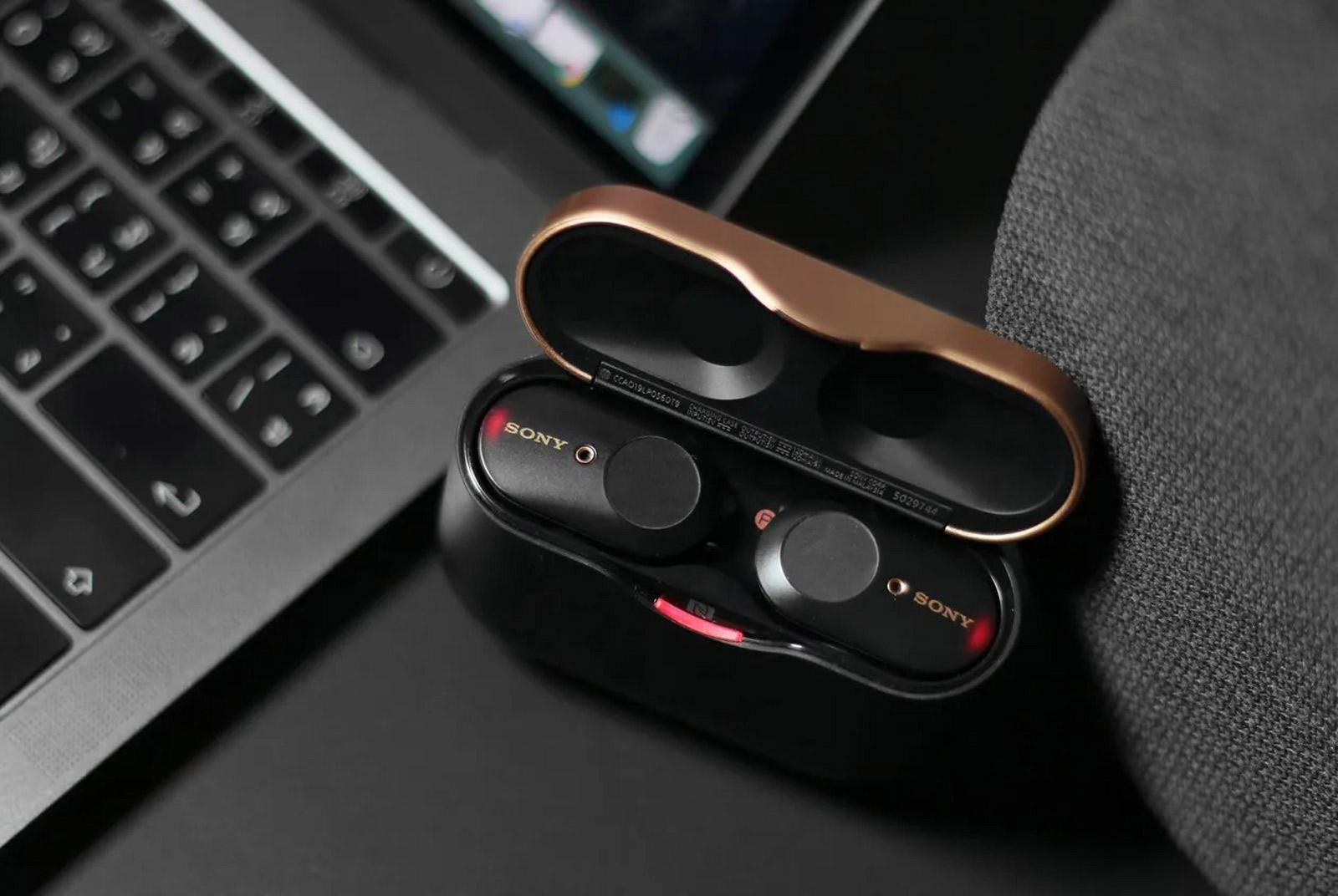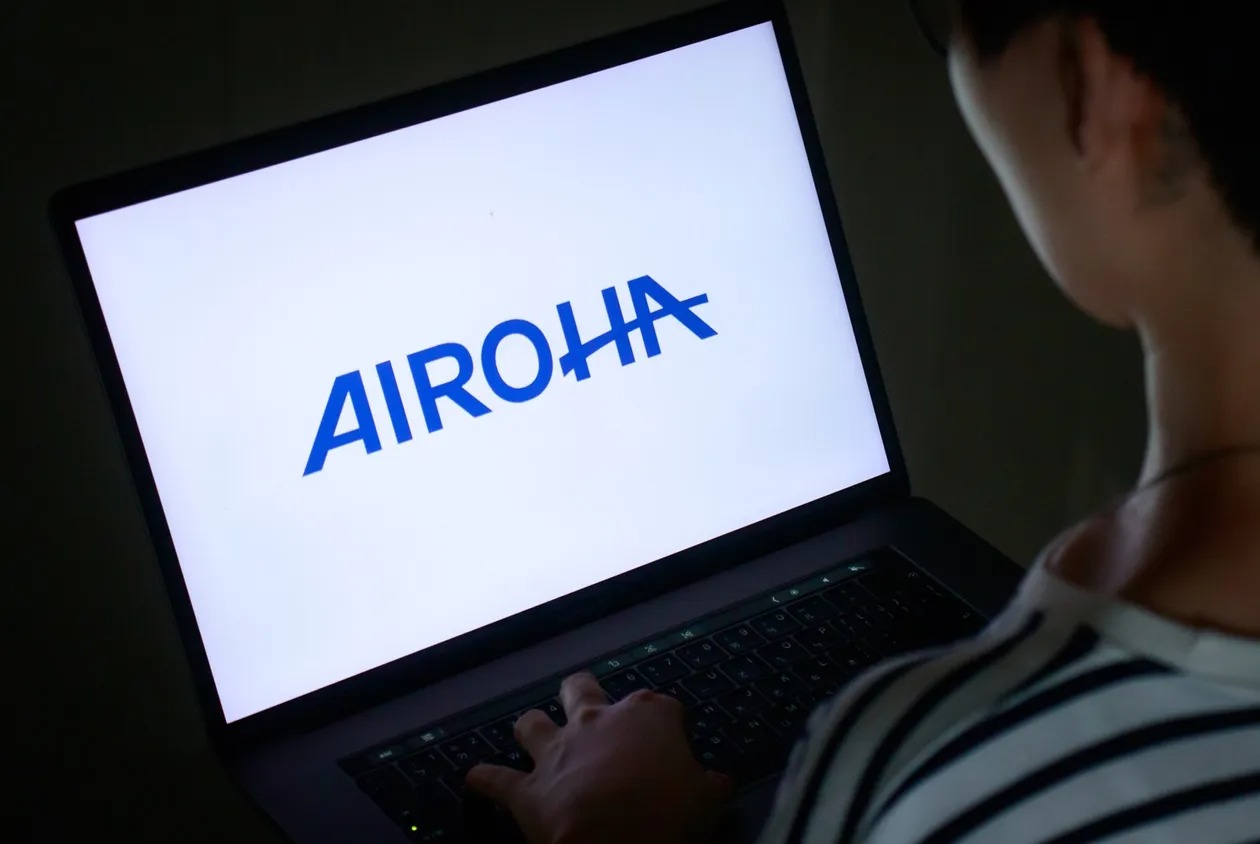How did MediaTek’s Airoha become the earbud champion?

Source:shutterstock
Airoha's TWS chips are used in Bluetooth earbuds made by Sony and Beats. Since its initial public offering, the company's market value has exceeded NT$100 billion. How did MediaTek and Airoha create the world’s number one Bluetooth earbud chips?
Views
How did MediaTek’s Airoha become the earbud champion?
By Hannah Changweb only
Airoha Technology Corp. (達發科技) is one of MediaTek's "golden geese". On June 22nd, it completed its IPO with an asking price of NT$650 per share. Prices quickly rose to NT$800 per share, driving Airoha's market value over NT$100 billion. It stands to become one of the most successful IPO's in Taiwan’s IC design sector in recent memory.
Airoha's most popular product is its chips for true wireless stereo (TWS) Bluetooth earbuds. Notable clients include Sony, Beats, JBL, and Xiaomi.
Airoha has publicly stated that it leads the world in TWS earbud chip market share.
In 2021, Airoha raked in an annual revenue of NT$11.74 billion. Its net profit margin was NT$1.946 billion.
This victory has been a long time coming. A senior manager at MediaTek who asked not to be named says that they used to call Airoha "a couple of poor kids". The two "kids" in question were MediaTek subsidiaries Airoha (洛達) and Econet (創發), which have merged to become the Airoha we know today.
A senior manager with one of MediaTek's subsidiaries says that Econet comprised staff from a number of MediaTek's previous acquisitions, including Change Advanced Materials (誠致科技) and Ralink Technology (雷凌科技). Its focus was on fiber to the home (FTTH) and broadband communications chips. Its clients included Taiwan’s ChungHwa Telecom, China's China Telecom and China Mobile, Spain's Telefónica, and Google Fiber.
The original Airoha was BenQ’s design department. Its products included power amplifiers (PA) for smartphones, radio frequency (RF) modules, and Bluetooth chips. In 2007, MediaTek bought 42% of its shares from BenQ, becoming its biggest shareholder.
For the past couple of years, Econet’s business suffered because too many of its products overlapped with Realtek. Likewise, the original Airoha could not outcompete its international rivals when it came to making power amplifiers, and it was unable to secure big orders for its Bluetooth products.
But there was a ray of hope in 2016. Apple set the world on fire by introducing AirPods. Big brands like Sony and Samsung were quick to toss their hats into the ring. The TWS war had begun. From established players like the original Airoha, Qualcomm, and Bestechnic, to newcomers like Realtek, Action, PixArt, and Goodix—everyone wanted a piece of the pie.
But power consumption was a major issue with TWS chips.
 (Source: Pei-Yin Hsieh)
(Source: Pei-Yin Hsieh)
An Airoha insider explains that before 2017, many of the wireless headsets on the market could only be used for three hours, even with a full charge. But since AirPods consumed only a third of the power, they could be used for up to eight hours.
Apple makes its own TWS chips. Sony looked everywhere for IC design companies that could overcome the power draw problem and allow Sony to catch up with Apple.
Tu Li-chun (杜立群), Senior Director of the Chip Design Department at Airoha, used to be Deputy Director of the Digital Chip Department at MediaTek.
In 2017, he was given the directive to take a client-centric (read: Sony) approach and redefine the architecture of a headset. He was tasked with designing a TWS chip with a lower power draw.
In February of the same year, MediaTek shelled out NT$7 billion to fully acquire Airoha.
In 2019, Airoha's AB155X, also known as MediaTek's MT2811, made its debut. The same year, David Chang (張志偉), CEO of Airoha, announced that these were the TWS chips that were used in Sony's newest noise-canceling true wireless earbuds, the WF-1000XM3. "They were extremely popular!"
Although Apple's AirPods predated Sony WF-1000XM3 by two years, Sony's earbuds could also be used for six to eight hours on a full charge.
Selling to Sony proved that Airoha had the know-how to design TWS chips on Apple's level. The impact was huge.
Beats Electronics, JBL, Skullcandy, and other world-famous headset brands approached MediaTek about purchasing chips from Airoha.
Airoha's revenue went to the moon. In 2018, Airoha shipped over 5 million Bluetooth TWS chips on a monthly basis. The number became 10 million the following year. Airoha's market share was number one in the world.
In 2021, MediaTek merged the original Airoha with Econet to create the Airoha we know today.
The TWS war heats up as China enters the fray
But the fight is not over. TWS chips have become a hotly contested sector being fought over by American, Chinese, and Taiwanese manufacturers.
In April, China's foremost TWS chip supplier Bestechnic held an investor conference. During the event, Bestechnic boasted that it was already selling to big brands such as Samsung, Honor, Huawei, Edifier, Xiaomi, and OPPO. The newest generation of TWS chips will use 12-nanometer tech to offer better performance.
Realtek also claims to sell to Amazon, Anker, JLab, and Toshiba, among others. At the end of 2021, it held the extravagant "Bee Dew, Hear the Future" Bluetooth Smart Audio Conference in Shenzhen. Realtek emphasized that its TWS chips may be used in hearing aids, headphones, and other devices. Smartphone apps may be used to adjust the volume and parameters for different preferences, or to make human speech more audible. The main thrust was the multiple fields of application.
This March, MediaTek and Airoha announced they were spending NT$901 million dollars to acquire 91.05% of the shares of the TWS chip manufacturer Audiowise, which was a subsidiary of PixArt.
An Airoha insider says that this year, the battle lines of the TWS war have transformed into a duel of 12nm tech between Airoha and Bestechnic, even as AirPods have moved into the territory of 7nm tech. "Advanced manufacturing means more investments and a budget barrier. Like smartphones, this is not a market in which not just anyone can compete."
As the TWS market becomes more competitive and saturated, what is the next step for Airoha? During an investor conference, a senior manager with Airoha stressed this point: The IPO was just the beginning. Only time will reveal Airoha's ultimate destiny.
Have you read?
- Supply chain disruptors worse than viruses: CNFI chairman
- How Amia dominated Taiwan’s PCB chemical market
- Formosa Plastics: Ready to take on carbon?
Translated by
Jack Chou
Edited by TC Lin
Uploaded by Ian Huang






